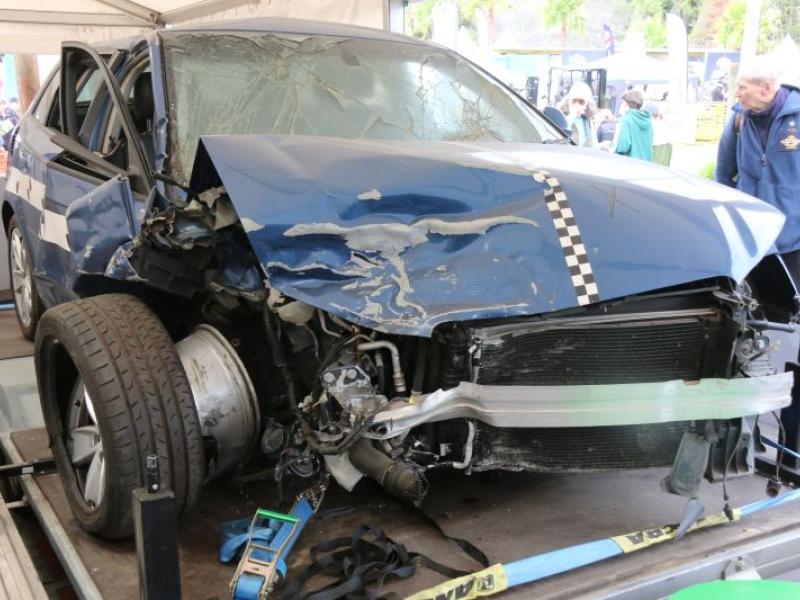In many businesses, the cost of the company fleet is second only to salaries in terms of overall outgoings, so finding ways to cut down on your fleet costs is certainly not a waste of time.
John Oxley reports.
When it comes to examining fleet costs, there are two basic groups.
The first is standing costs; those costs which are under the control of management and market forces, and outside the control of the fleet manager or management company. These can be ranked under the following sub-headings:
Acquisition. These include the purchase price, if paid for outright, and to which must be added opportunity cost, or in the case of a bank loan or hire purchase, interest payments. If the vehicle is paid for via a lease or contract hire, these must also be included under the acquisition banner. Opportunity cost is the cost to the company of using the cash spent on buying the vehicle or vehicles to fund other ventures – in effect it should more accurately be described as “lost opportunity!”
Acceptance. These include insurance, plus licence fees, and in the case of diesel vehicles, Road User Charges.
Administration. Someone has to manage the fleet, and there is a cost to the company in terms of salary or more usually, part-salary, as well as normal overheads.
Disposal. The more you get for your vehicle when it’s time to dispose of it and get a new one, the lower overall fleet costs. This is often overlooked, and vehicles are sometimes “off-loaded” to staff at minimum prices, usually much lower than market values or even “trade” valuation.
On the other side of the table are operational costs – the day-to-day costs of using the vehicle. Here the company must rely on its own policies to decide how these costs are properly calculated. If allocation of the vehicle is partly “reward” based – for instance, as a company car used to attract quality staff, and only used by a particular individual, some or even all of these costs should be allocated to the salary budget in terms of overall “package” costs.
However, if it’s an office runabout used by many members of staff in the execution of their work, then this becomes a truly operational vehicle, and the costs would be included in regular overheads. In real terms, management of this type of vehicle is where real savings can be made, because the more it is used, the less wasted “parking” time you’re paying for, and often fewer vehicles are needed.
Included in all operational costs, no matter where they are written up in the balance sheet, are fuel and oil, repairs and maintenance, tyre costs, garaging costs, and car hire where necessary to keep staff on the road.
Recording all this information is relatively easy for a couple of vehicles, but it can be a nightmare where many are involved, especially if there’s a cross-section of different types, e.g. management cars, pool cars, light trucks, utes, and medium or heavy trucks.
There are a number of computer programmes which make the recording of all the necessary data easier, and it’s up to you to choose the one which will give you the level of control necessary to satisfy both current and future needs, as well as to ensure a smooth audit at the end of the financial year!
A further factor is consistency. Having a historical record of costs will help ensuring tighter cost controls and avoid unpleasant surprises, both in terms of cost escalations and possible pilfering by staff.
One of the more difficult aspects is recording the information, especially in terms of fuel, etc., and even more so where these costs are paid for by an allocated user and claimed back from the company, and this is where a fuel card is especially useful, although to ensure honesty, regular checks on the mileages of the vehicles concerned, cross-checked against the mileage displayed on the fuel card account, have to be made.
All this can be especially onerous for a company whose core business is not automotive or accounts related, and can result in real headaches for the people tasked with managing the fleet.
And it is for this reason that fleet management companies have come into being, to take away part or all of the load, from acquisition right through to licence and maintenance issues. It all depends on your needs and what you want to pay.





